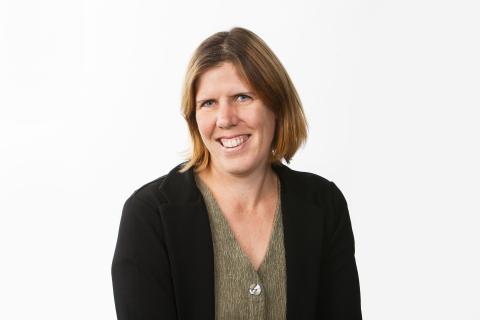It is almost 30 years since the Rio Earth Summit in 1992. In 1992, I was at secondary school in Hertfordshire and remember writing to Boutros Boutros-Ghali in an English lesson urging him to lead the world to a legally binding solution to the escalating environmental crisis. I was a forthright teenager, focused on righting global injustices from racism, to poverty, to environmental degradation. I remember feeling let down when I realised that the failings of Rio were about wealth and who should foot the bill for environmental protections. It felt like a real missed opportunity when world leaders agreed to continue thrashing out agreements in a series of conferences. Fast forward 30 years and much has happened, but disappointingly little has changed on finding global consensus to what has now become a climate emergency. We are now up to the 26th conference following Rio and whilst progress has been made, we are yet to reach global consensus. In my own life, I am now the mum to a teenager the same age as I was when the Rio Earth Summit happened. I am lucky in that he attends a Hertfordshire school who are very pro-environmental action, and he is engaged in COP26, but I can’t help feeling he will feel let down by global leaders on this agenda, just as I was back in 1992.
I want to be optimistic about COP26; but the cynic in me is telling me not to put my faith in world leaders and feel disappointment for a 26th time. Rather, I should concentrate on positively influence change through my role at HfL. I work for HfL because I love our moral purpose and I have learned in my post as Director of Business Services that it is possible to inspire positive action across a number of agendas. I’ve learned that this is the truly great bit about the job, but I have to look beyond the high level of effort and focus to keep the plates spinning. It is only when I challenge myself to go that extra mile that I find the truly inspirational element of my role - the chance to make change and measure that change. Of course, the world needs decisive action and a positive outcome from COP26, but it also needs every organisational leader to be championing this agenda. It will take every leader to look beyond the high level of effort and focus going into their role and go that extra mile to inspire change that matters and will have a positive impact. The impact that we can have as governors is not just in reducing carbon emissions, but in inspiring young minds. We need to lead the way and create the next generation of environmental stewards and advocates. Let’s not hang all our hopes on COP26 and risk another generation feeling let down by world leaders as they didn’t grasp a key opportunity. Let’s show children and young people that we all have a role to play in this agenda and local action will accelerate our path to carbon neutrality.
Let’s address the elephant in the room. Covid remains a huge challenge in schools, settings and trusts, and the operational demands are not reducing. I recognise that so many school leaders are exhausted and close to burn-out and driving the environmental agenda in your school, setting or trust right now probably feels like an agenda too far. However, just as children and young people have one-shot at education, many scientists believe that is the last chance to stem irreversible and damaging climate change. Whilst schools, settings and trusts continue to manage the challenges of Covid, an even greater challenge is growing that requires positive action right here, right now.
I believe that there are three immediate steps that Boards should be seeking to take:
- Establish how you as a Board will plan, monitor and implement environmental action going forward. What can be achieved within the existing resource envelope and what will require additional investment from HCC and DfE? How can you ensure that the climate crisis remains on the agenda and that progress against targets is being made? Following discussion, set challenging yet achievable time-bound goals. For example, HCC and HfL have both signed-up to achieve carbon neutrality by 2030;
- Set up a Climate Committee (consisting of students, staff and governors) to explore what your school can do to make a difference and report into the Governing Board;
- Adopt an environmental action statement and publish it your website, we have provided a model template in the Governance pages of Climate Change and Sustainability on The Grid - just scroll down to the model template. Ensure you include specific environmental actions within your school development plan priorities.
#schoolgovernor
#schoolgovernance
#cop26



